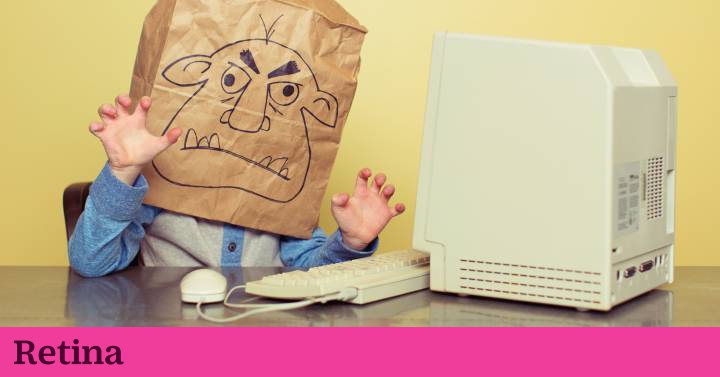The oldest of the place will remember the beginnings of social networks: they were kingdoms of harmony where the citizen looked for his lost friends and planned reunions "to drink some beers". Plans that were often lost in the digital infinity. Then came other playful forms of exchange, such as cute kittens, curious videos, lists of thousands of curiosities. But for a few years and, above all, in times of crisis like this, the good vibes gave way to mud and confrontation. The representative figure of this constant digital war is the troll .
The malmete troll, insults, jellies, generates noise, misinforms, spreads hoaxes and sister-in-law opinions. "Don't feed the troll", says the cyberpopular saying : better not to argue with them, it is what they are looking for. The troll, like the hipster , is always the other, never oneself. But is this always so? Our mood is changing and it is not clear that we have a defined identity that we can call "I". So many times you write something on the networks, in a moment of discouragement or fury (or drunk), and the next day you do not recognize yourself in what you have written.
It has happened to many of us. Stanford and Cornell Universities have studied trolls and scientifically come up with the same conclusion: that under certain circumstances we can become one ourselves: they are not necessarily dangerous sociopaths, but people like you and me.
According to the study, the same people exposed to the same article reacted differently if they were subjected to certain pressures or moods. In the most extreme case, the percentage reached 68%. Michael Bernstein, co-author of the study, said: "Understanding the best and worst parts of ourselves is key to making this phenomenon subside."

